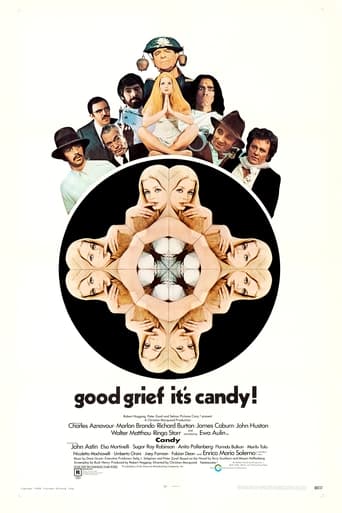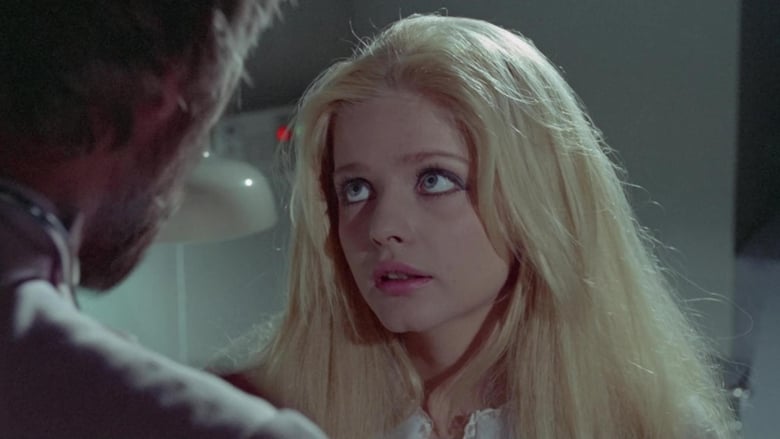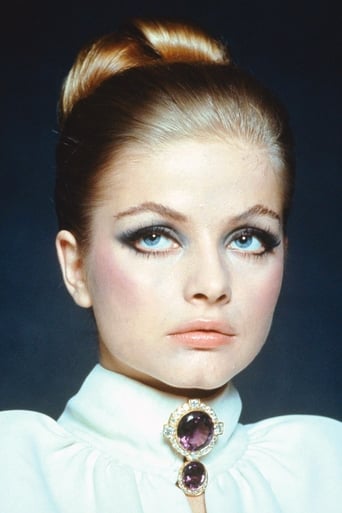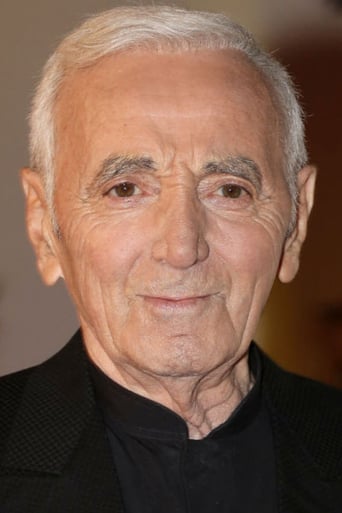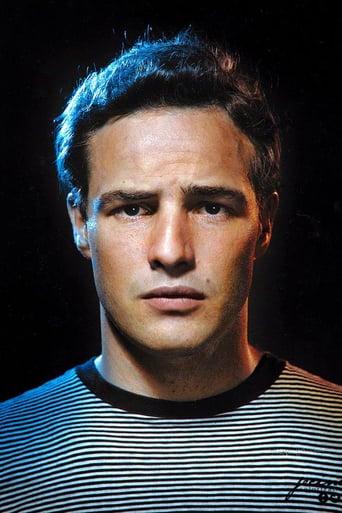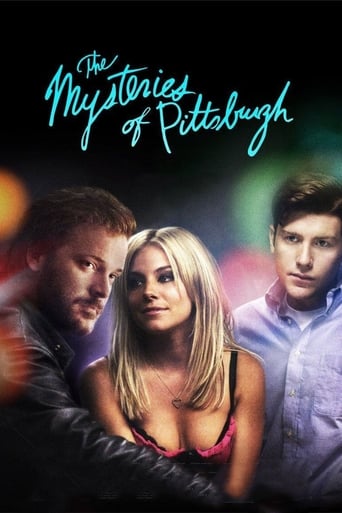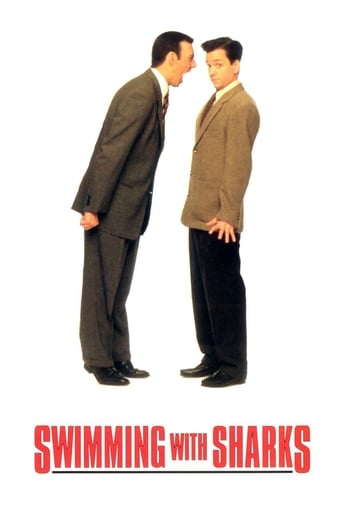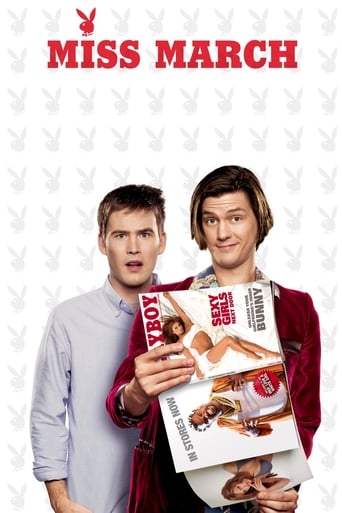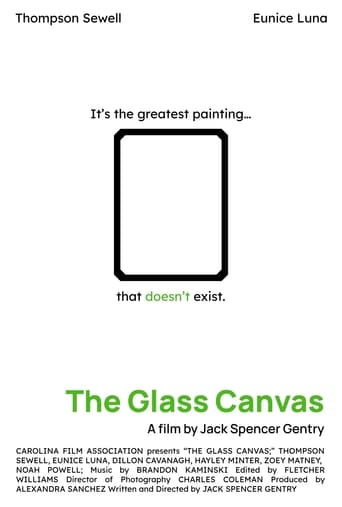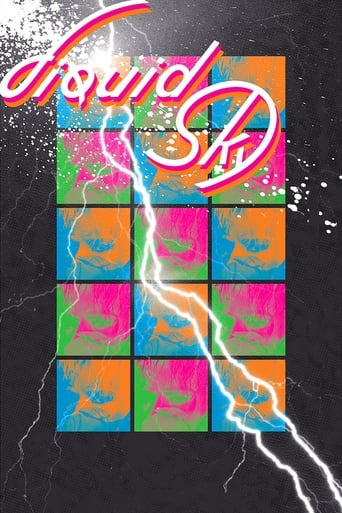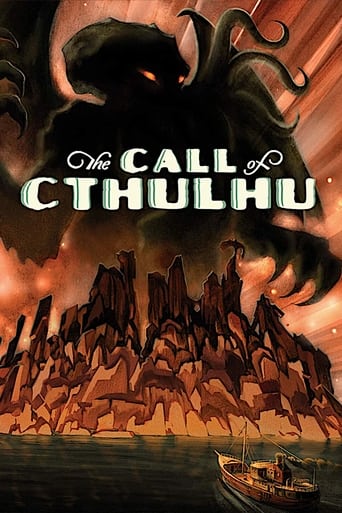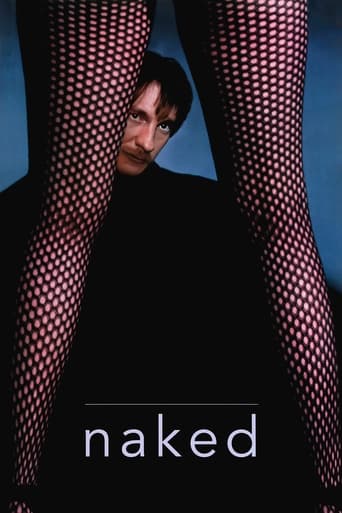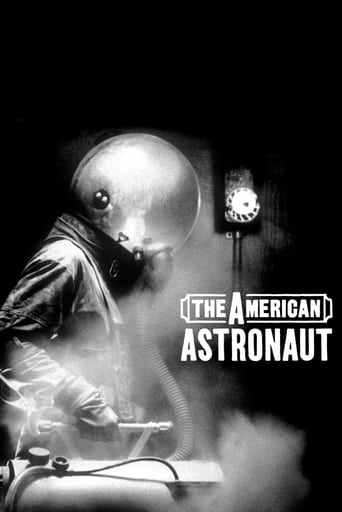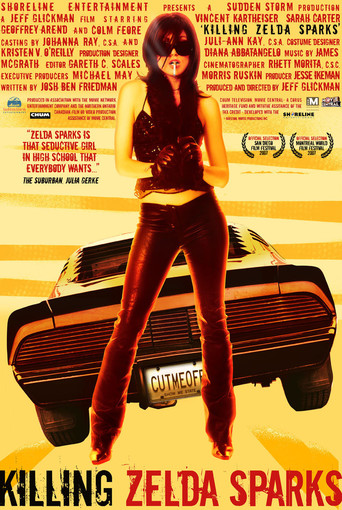Candy (1968)
A high school girl encounters a variety of kookie characters and humorous sexual situations while searching for the meaning of life.
Watch Trailer
Cast
Similar titles
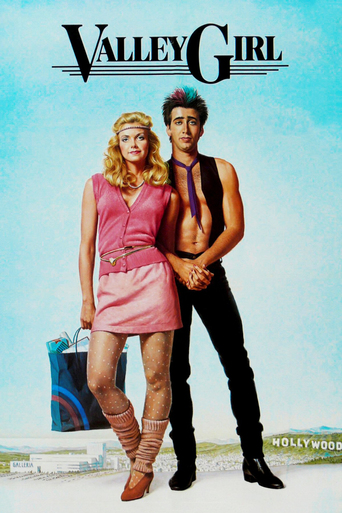
Reviews
The Age of Commercialism
As Good As It Gets
There is definitely an excellent idea hidden in the background of the film. Unfortunately, it's difficult to find it.
The film never slows down or bores, plunging from one harrowing sequence to the next.
Candy (1968)When Thurlow o'er this labor bent-- Thurlow to George Gordon, Lord ByronWhen Thurlow this damn'd nonsense sent/(I hope I am not violent),/Nor men nor gods knew what he meant.-- George Gordon, Lord Byron to ThurlowThis half-pretentious, half-moronic adaptation of the novel by Mason Hoffenberg and Terry Southern is fundamentally a slice of late 1960s comic soft core that is able to get away with masquerading as Art thanks to its stellar cast. The story, (supposedly), is that Marlon Brando was unhappy with the script but agreed to do the film because of his friendship with director Christian Marquand; once Brando's name was associated with the project other "A" listees signed on quickly and easily...and if none of them ever cursed him for it later, I would be very surprised. The script is by Buck Henry, and one might expect a satirical narrative of some wit from the screenwriter of The Graduate, particularly as the novel is nominally an update of Voltaire's Candide. But he seems to have been out of his depth with this material. Be prepared for large, tedious chunks which fall flat and/or drag badly, a couple of bits trying hard for European erotic surrealism, (or a parody perhaps), but come across as simply creepy. (Richard Burton paying amorous attentions to a mannequin while Ringo - well, you'll see if you watch it - Roger Vadim this is not.) And parts that are just plain stupid - without question this is Brando's most idiotic performance which alone puts it on the 'must-see' list. There is also a small collection of humorous ethnic stereotypes that elicit winces instead of laughs - even for 1968 they are an embarrassment. On the other hand some small pieces work very well: Burton's Byronic Bombast with a Constant Breeze; the segment before the finale of Candy walking through the desert to fields populated by the archetypes she encountered in her journey, as well as the rest of the cast, the director, the crew, the extras, and probably one or two people who were just driving by at the time and recruited on the spot. (Perhaps this was intended as an existential statement that the movie knows it's a movie - or something. At any rate, it doesn't really help, but you do get to see those responsible all together.)Also John Astin is a surprising standout in the dual roles of Candy's father and uncle, and the luscious, but almost-never-heard-from-again Ewa Aulin as Candy is very appealing and far less vacuous than the script makes her character appear. Notable among the small handful of her other credits is Season 1, Episode 8 of Monty Python's Flying Circus, (7 December 1969). She left the acting profession in her early twenties and went into the teaching one. Overall, it's like the filmmakers had about 11 minutes of movie that they put in a 124 minute box and filled the empty space with 113 minutes of Styrofoam peanuts – or celluloid peanuts. A cheese product of its time that didn't curdle nicely to begin with and hasn't aged too well since, but at least it's 100% Mike Myers and Sonny & Cher free. This film's best quality: it's groovy. This film's worst quality: it's groovy. Oh, and any similarity this symmetry implies to any Tao-like or Cartesian dualisms is unintentional, specious and purely coincidental. No philosophies were harmed in the making of this description.XYZ
This movie essentially begins with an attractive high school student named "Candy Christian" (Ewa Aulin) being caught in a compromising position due in large part to her innocent and trusting nature. Additionally, her good looks also had much to do with this as well. Be that as it may, each scenario in this movie has a least one character with just one sole purpose in mind—to get her between the proverbial sheets. And their desire to do so is limited only by the imaginative position that they find themselves faced with. Now as far as this movie is concerned it certainly had its share of major actors to include Marlon Brando (as the Eastern mystic named "Grindl"), Richard Burton ("MacPhisto"), Walter Matthau ("General R. A. Smight") and James Coburn ("Dr. A. B. Krankheit"). So fans of any of these fine actors should be pleased. On the other hand, this film is definitely dated to a certain period in American history that celebrated "psychedelic" movies of this type. Because of that, younger audiences may not be able to appreciate it as much as those who experienced this particular time. That said, while I thought it was somewhat entertaining for the most part, it also seemed more than a little uneven and I have rated it accordingly. Slightly above average.
Spoofing porn movies in the '60s was kinda like writing sci-fi in the 1800s - the genre in contention didn't really exist yet. Porn in 1968, pre-Throat/MissJones/Mona etc., hadn't yet developed the wah-wah guitar pizza delivery slo-mo money shot vocabulary we know and love to mock today. That said, tho, Candy has some funny moments, especially the ones taken directly from the Terry Southern novel the movie was based on.Beatleholics seek the movie out to see Ringo Starr as the perpetually confused houseboy Emmanuel. Candy gives Starr a terrific catchphrase that, despite his irresistibly deadpan delivery, never seems to have caught on. Other than at my house, where I STILL frequently say, at any given opportunity, especially when confronted by anyone about anything I've supposedly done to vex them, "Emmanuel GOOD boy!"
One of the most maligned of the all-star "anything goes" extravaganzas typical of the late 1960s – this time with pretensions towards satire given its origins as a Terry Southern novel (here adapted for the screen by Buck Henry, who also appears briefly as a lunatic) – is not too bad, actually (somewhat in the same vein as THE MAGIC Christian [1969] but slightly more entertaining), though it does run badly out of steam two-thirds of the way in.18-year old Swedish "newcomer" Ewa Aulin plays the naïve but well-meaning heroine who's taken advantage of by practically everyone she meets; actually, she had already appeared in two notable Italian movies both starring French actor Jean-Louis Trintignant – Tinto Brass' DEADLY SWEET (1967; which I caught at the 2004 Venice Film Festival with its infamous director in attendance!) and Giulio Questi's DEATH LAID AN EGG (1968) – and she would go on to star in two more worthwhile European movies which, incidentally, both feature Italian actress Lucia Bose' – Romolo Guerrieri's THE DOUBLE (1971) and Jorge Grau's BLOOD CASTLE (1973; with which I'm unfamiliar myself) – before bailing out of the film industry altogether to become a teacher! The impressive supporting cast includes (in order of appearance): John Astin who has the triple roles of Aulin's father, a hellish vision of same and her uncle; a somewhat embarrassing Richard Burton is MacPhisto, a poet-teacher (with wind forever blowing in his face) who is worshipped like a rock star by his students and whom the script requires to lick champagne off the glass-plated floor of his limousine and make love to an inflatable doll!; Ringo Starr's role isn't clearly defined but he seems to be the Christians' Mexican gardener (could he have been the inspiration for FAWLTY TOWERS' Manuel?); Elsa Martinelli is Aulin's promiscuous aunt; Walter Matthau the general commandeering a paratrooping outfit; James Coburn a celebrated surgeon; Anita Pallenberg his jealous nurse/lover; John Huston a colleague/rival of Coburn's; Charles Aznavour a hunchback criminal with a penchant for magic tricks (climbing and moving along walls or literally diving into a mirror just like in a Jean Cocteau film); Marlon Brando as an Indian guru who practices his meditation aboard a truck rambling throughout America; also in the cast as a couple of Starr's whip-wielding sisters were Euro-Cult favorites Florinda Bolkan and Marilu' Tolo.The film is most notorious perhaps for being one of Brando's weirdest acting choices during his lean years; then again, it seems that his presence was pivotal in securing the film its backing (he was friends with director/former actor Marquand who, unsurprisingly, never again stepped behind the camera); still, the best and lengthiest 'episode' is the one featuring Coburn, Pallenberg and Huston (in which Astin and Martinelli also turn up) – while Enrico Maria Salerno was hilarious as an obsessive cine-verite' film-maker who, when asked a question by a police officer, replies: "Who directed it?" and later even films himself as he is passing out! Frankly, one of the minor pleasures I derived from the film was the surprising appearance of the smaller scale actors – Bolkan, Tolo, Pallenberg and Salerno – among such Hollywood and European luminaries.Offering psychedelic visuals and a terrific rock score by Dave Grusin (abetted by songs by such modish rock bands as Steppenwolf and The Byrds – who provide the very likable "Child Of The Universe"), CANDY moves at a fairly brisk pace but, at 124 minutes and with no plot to speak of, it eventually grows tiresome. The visually striking two-minute opening sequence (created by Douglas Trumbull!) alludes to the fact that Candy is less a real character than a concept – an alien embodiment of the carnal desires in man – and the Fellini-esquire ending, grouping all the characters in a circus-like setting, only serves to bring the whole thing full circle. Ultimately, film critic John Simon's memorable dismissal of CANDY is perhaps unjustified but worth mentioning here nevertheless: "As an emetic, liquor is dandy, but CANDY is quicker"! Curiousy enough, CANDY and Otto Preminger's even more misguided SKIDOO (1968; which preceded this viewing) opened within days of one another; I wonder just what current audiences made of either of them... Unfortunately, my experience with the film was further marred by the fact that the audio on the copy I watched went badly out-of-synch around the 90-minute mark (thus including Brando's entire segment)...and no matter what I tried – usually, playing the same scene over again would fix the problem – I couldn't get it to work properly!
